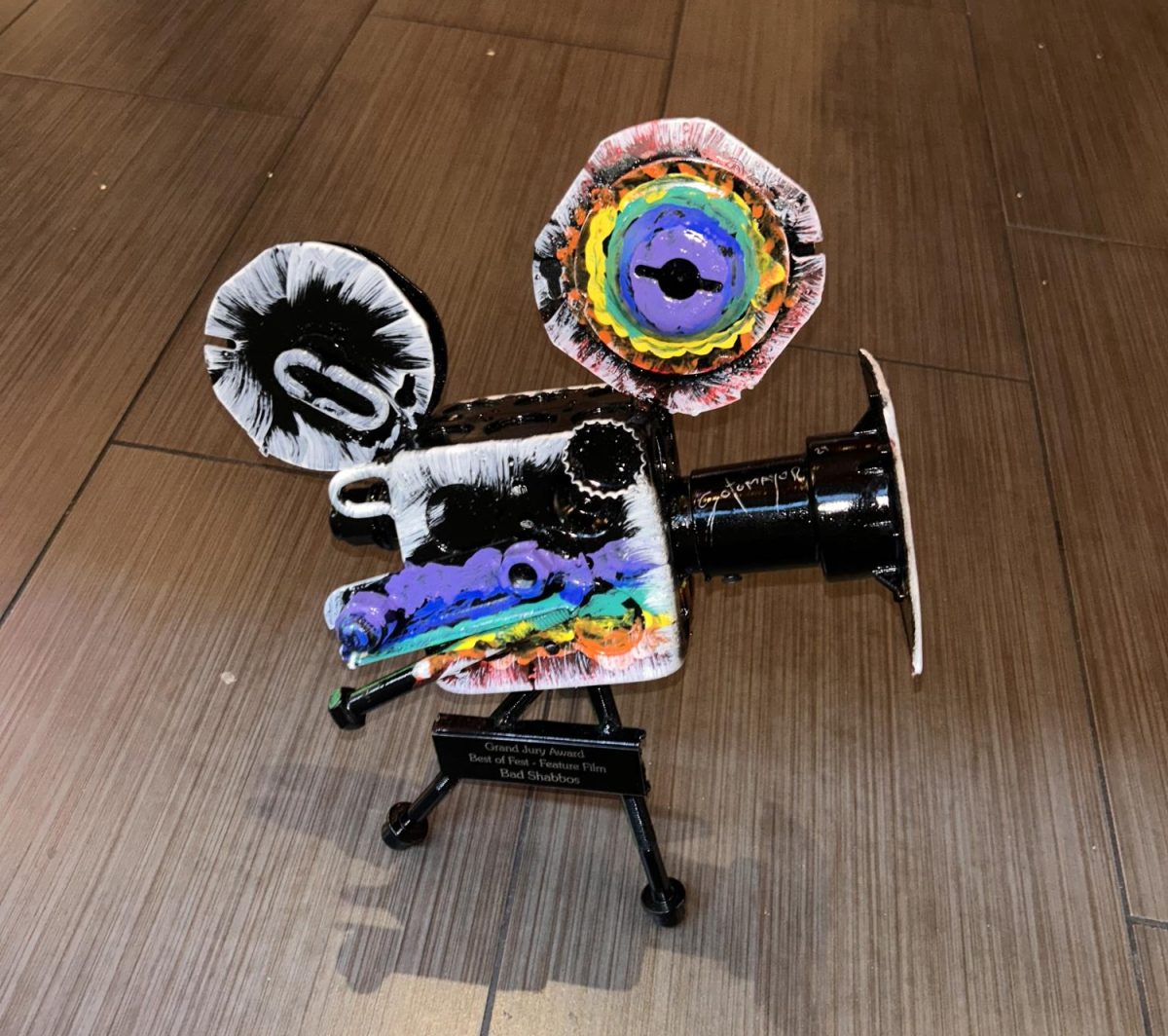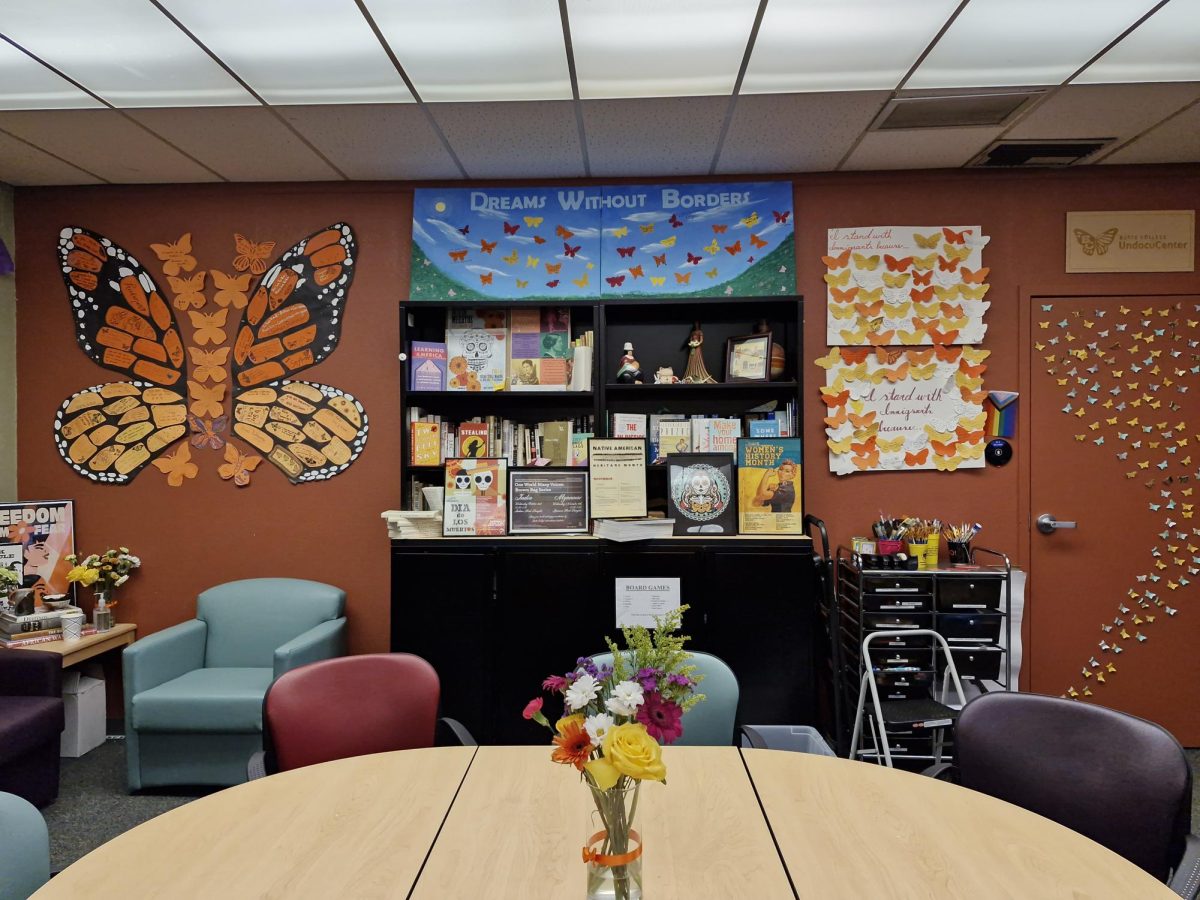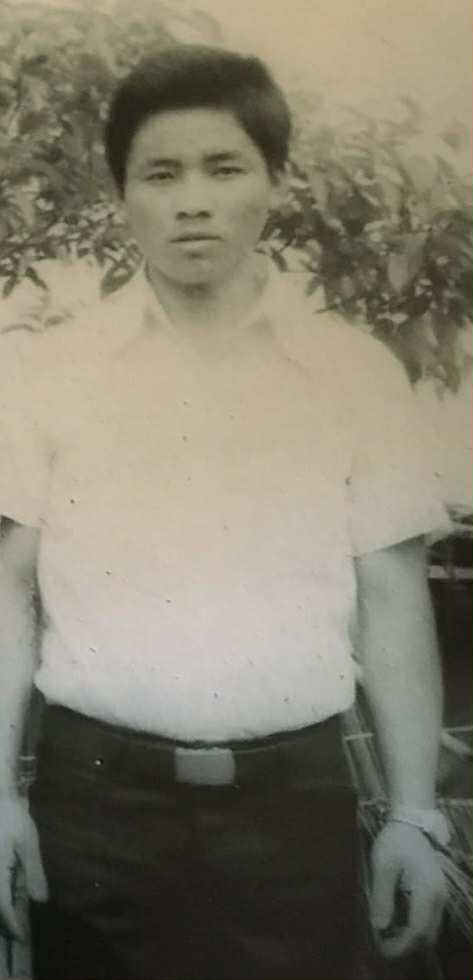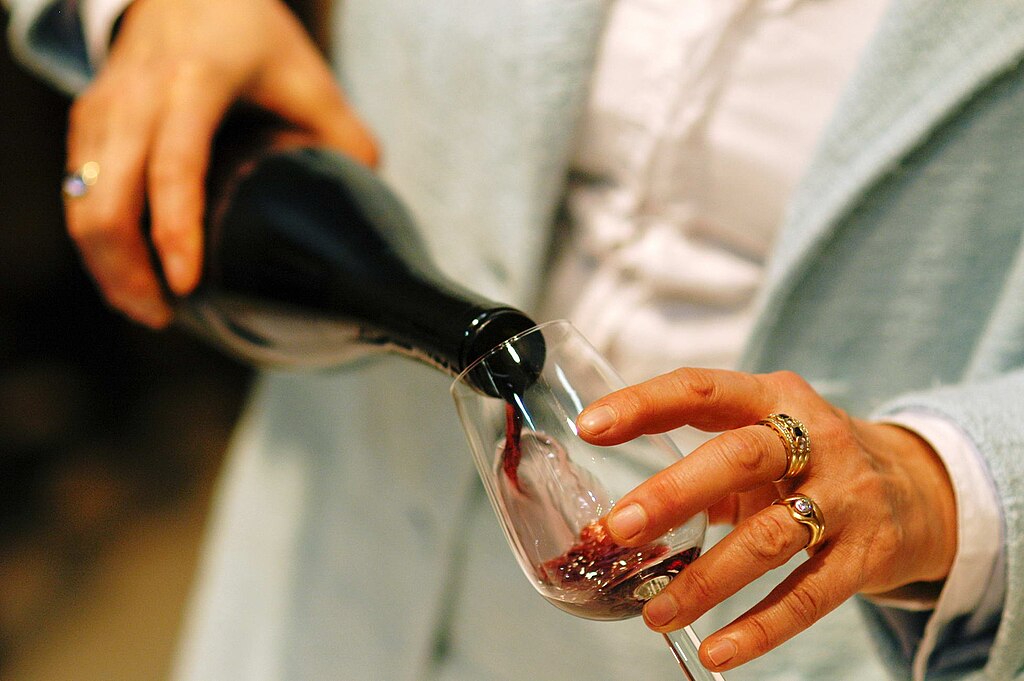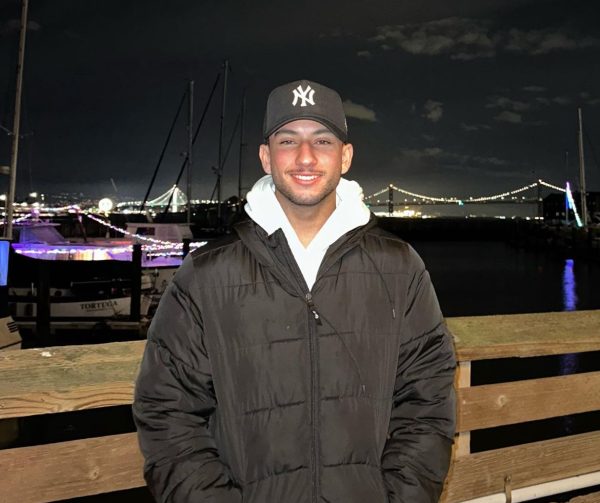On Saturday, September 28, 2024, I had the chance to attend the Cordillera International Film Festival in Reno, Nevada, representing The Roadrunner.
The festival, which has been happening annually for seven consecutive years now, is regarded as one of the most exciting celebrations of cinema—in fact, MovieMaker Magazine even named it one of the “Top 25 Coolest Film Festivals in the World.” And honestly, after seeing the event for myself, it’s easy to understand why.
This year’s edition of the Cordillera showcased over 150 films, ranging from shorts to features, and included special events like the CIFFNV Pitchfest, where participants could pitch a project to a jury lineup. But beyond all the fun activities, what struck me the most was how the festival supported artists from all backgrounds and just how well of a job the Cordillera did when it came to amplifying voices that often go underrepresented in the world of filmmaking.
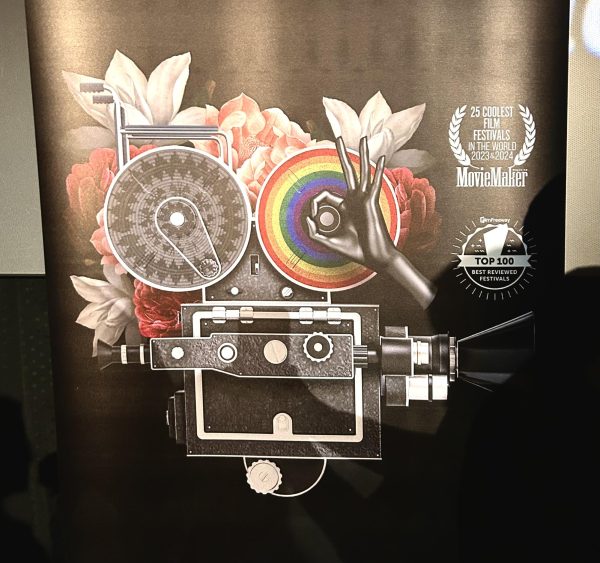
From the handcrafted trophy that symbolizes the authenticity of the festival to the stories of award winners like Jorey Worb and Zack Weiner, who used the Cordillera as a platform to amplify their voices and cultural narratives, this article will uncover the elements that set the Cordillera apart.
So whether you’re interested in the trophy’s backstory, the diversity of the films, or if you’re just curious about the local impact of such an event, each section in this article will offer a piece of the puzzle that makes the Cordillera stand out in the film festival world.
The Handcrafted Trophy: A Symbol of Authenticity
One of the most eye-catching elements of the Cordillera is its unique, handcrafted trophies. While many award shows have generic, 3D-printed, soulless trophies, the trophies awarded at the Cordillera were meticulously handcrafted by Juan Sotomayor, who took it upon himself to create something both authentic and meaningful.
Juan, who only spoke Spanish, shared his journey of creating these trophies.
He said, “After accepting the offer to make the trophy, I then had to calm myself down and begin to think, ‘What will I do?’ But thankfully, with God’s help, everything is possible.”
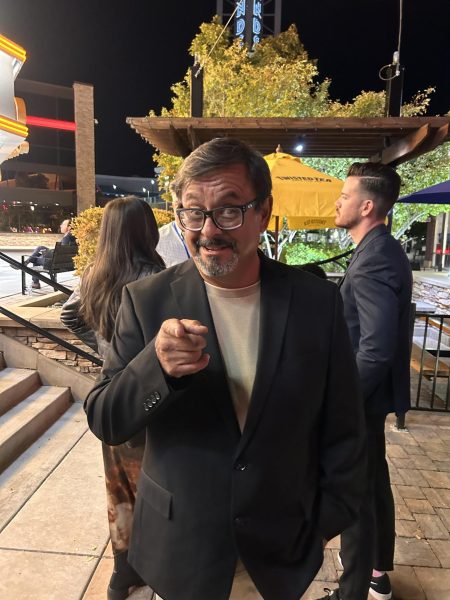
His dedication, in many ways, reflected the festival’s overall commitment to authenticity, and Juan’s story is a perfect example of how that authenticity goes way beyond the screen and extends to every detail of the event.
Empowering Female Voices: Jorey Worb’s Impactful Win
Beyond the beautiful trophies, another standout element that shone through during the award ceremony was the festival’s inclusivity, particularly with their “Best Female Focus Award,” which was won by Jorey Worb for her short film Bite.
The 15-minute film tackled the challenging subject of overcoming trauma and reclaiming one’s identity, and Jorey’s win was a powerful moment.
“It was so exciting to win, on behalf of all the women in the room,” she said, emphasizing the festival’s role in empowering female filmmakers, something not all film festivals go out of their way to do.

Jorey’s experience at the Cordillera goes to show how big events like these aren’t just about showcasing films; they are also about providing a platform for voices that often go unheard, and her story and win perfectly highlight that.
Diverse Stories Are the Best Stories: Zack Weiner’s Unexpected Win
While inclusivity is highlighted with the inclusion of awards like Best Female Focus, it’s also evident in the range of stories and perspectives present at the festival.
Zack Weiner, who took home the Best Feature Film award for his film Bad Shabbos, is a prime example of how the Cordillera supports diverse narratives.
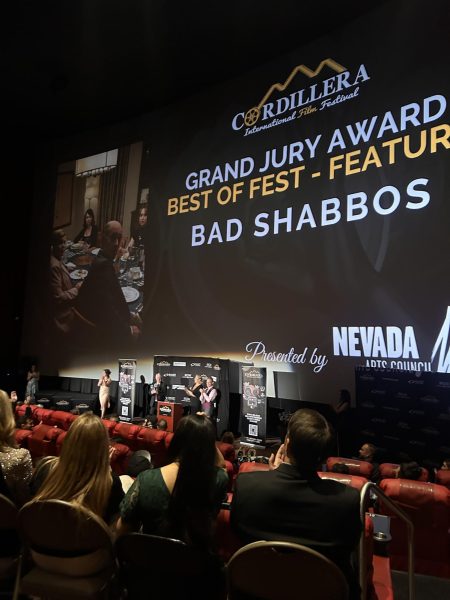
Bad Shabbos tells the story of an interfaith couple trying to navigate the tension of having their families meet for the first time—until an unexpected death gets in the way of their plans.
Zack, who is a Jewish New York native, explained that the film’s premiere back in the Big Apple was very well received by a largely Jewish audience.
Zack even admitted that he was uncertain about how well the movie would be perceived at the Cordillera due to its very diverse audience.
However, as the movie did win the night’s biggest award, it’s safe to say the people liked it, and when talking about how it was to win, Zack said, “I wasn’t expecting it, but I was pleasantly surprised… I was particularly appreciative of my win because my film was a Jewish film, and this is not a religious festival.”
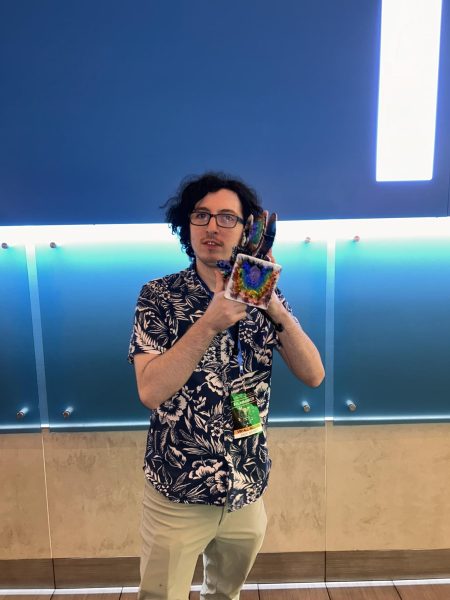
The film, while indeed rooted in a specific cultural experience, managed to resonate with many due to its universal themes of family dynamics and unexpected life changes. “There was a lot of specificity in the movie, but most of all, it got to a visceral feeling that a lot of people go through, which made it very relatable,” Zack explained.
The win also came with a thousand-dollar cash prize, which added a lighthearted moment to the night. When asked what he was going to do with the money, Zack said, “The prize money is great; I did a lot of gambling here in Reno, and this money will help compensate for the losses.”
Building the Local Film Community
Cordillera’s impact extends beyond the films themselves; it also plays a crucial role in supporting the local film industry in Nevada.
Richard, a Reno local, explained how the festival is helping strengthen the region’s film scene, noting, “Thanks to recent tax rebates, we are starting to see more productions come to the area. This not only boosts the economy but also helps fortify the local film scene.”

He then emphasized how the Cordillera, being the international film festival that it is, helps bring people to the area to see the great work being done there, and how the festival remains deeply connected to its roots and really fosters growth within the community.
The True Magic of the Cordillera
What makes the Cordillera truly special is its ability to unite diverse voices, perspectives, and stories, creating a unique and vibrant atmosphere. Be it through the handcrafted trophies, the empowerment of the underrepresented, or the showcasing of diverse stories, the festival goes way beyond just being another film event.
The Cordillera truly is a celebration of storytelling and the power it has to bring people together, all under one roof. Attending the 2024 edition of the Cordillera was an unforgettable experience.
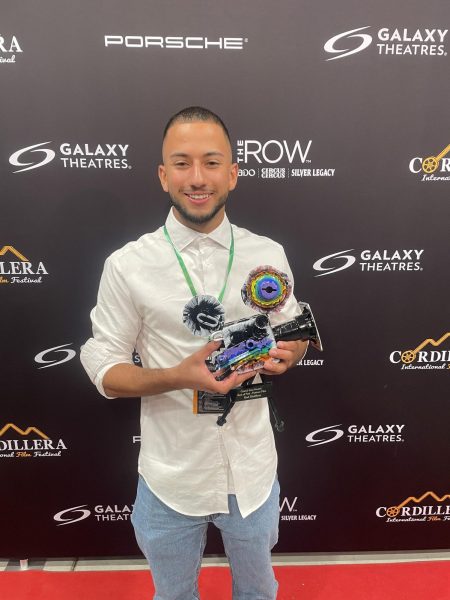
The festival’s commitment to inclusivity and community was evident in every layer of the event, and it reminded me of the importance of supporting local events like this one.
If you ever get the chance to attend the Cordillera, or any other film festival, whether in San Francisco, Sacramento, or even one right here in Butte County—take it! Who knows, the next unforgettable story might be yours to discover.


